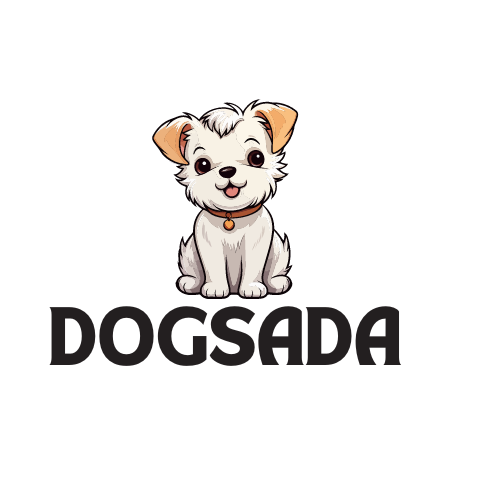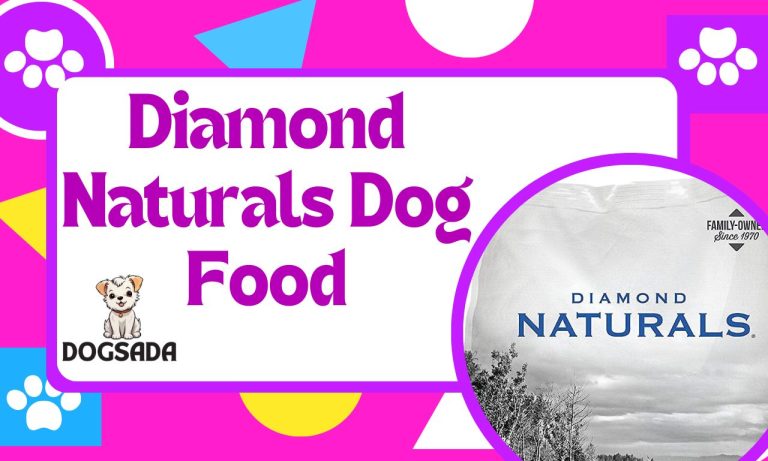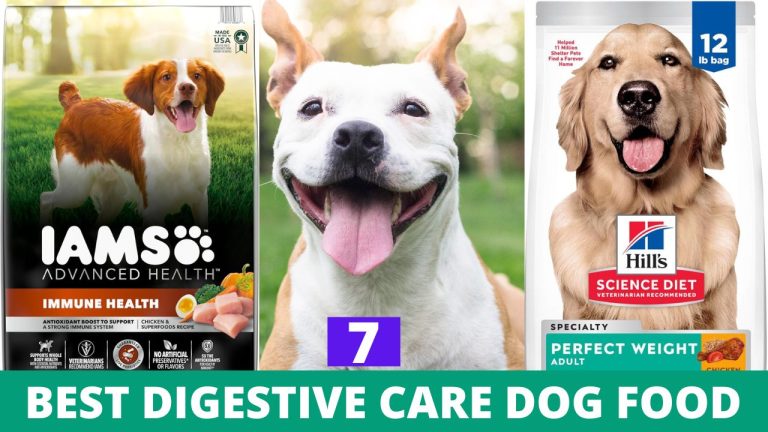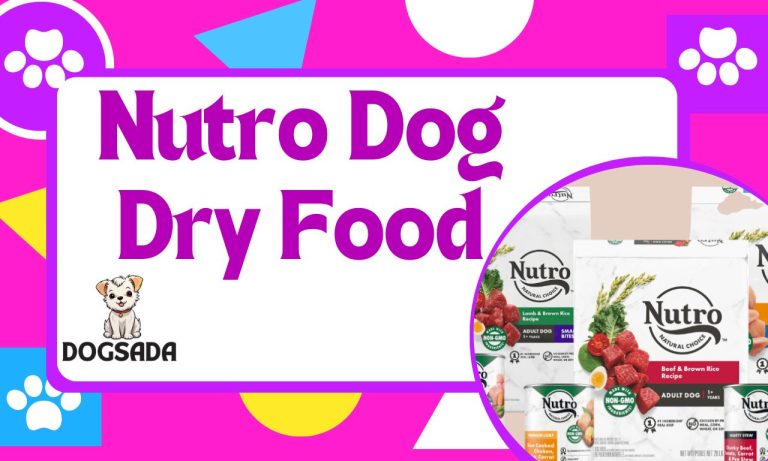iN THIS BLOG POST Can dogs eat Nectarines?, Pet possessors frequently wonder if it’s safe for their dogs to eat nectarines. They want to know if this juicy fruit can be a delicious and healthy snack for their furry musketeers. While it’s natural to want to partake in succulent mortal foods like nectarines with our faves, we need to be aware of their specific salutary requirements and any implicit pitfalls involved.
Are Nectarines Good for Dogs?
Nectarines aren’t poisonous to dogs ( though the whole of the fruit is toxic and should always be removed before eating). Nectarines are a nutritive fruit that offers several vitamins and minerals that dogs need in their diet, including magnesium, potassium, vitamins A and C, salutary fiber, and antioxidants.
Read also Nutro Dog Food: Expert Guide

Can Nectarines Be Bad for Dogs?
As with any “people’s food, ” there are some pitfalls when offering your canine nectarine. For one, the nectarine hole is poisonous, a choking hazard, and could beget an intestinal blockage. Always remove the hole before eating or offering nectarine to your doggy.
Nectarines are also high in sugar. Because of this, dogs with certain health conditions, similar to diabetes or rotundity, may want to avoid nectarines altogether. Indeed healthy dogs can get diarrhoea or a worried stomach if they eat too many nectarines, thanks to the fruit’s high fiber content.
Amount of Nectarines Can Dogs Eat?
While many mouthfuls of nectarine are OK to partake with a healthy grown-up canine as an occasional treat, be careful not to eat breakfast, especially if your doggy hasn’t had nectarines ahead. Keep the 10 rule in mind treats( including nectarine) shouldn’t make up further than 10 of your canine’s diurnal calorie input. The rest should come from a well-balanced canine food.
Read also Maltipoo puppy A COMPLETE AMAZING GUIDE
- Extra-small canine( 2 – 20 pounds) = up to 1 tablespoon of nectarine
exemplifications Yorkies, Chihuahuas, Pomeranians, prizefighters
- Small canine( 21 – 30 pounds) = up to 2 ladles of nectarine
exemplifications Basenjis, Beagles, Miniature American Goatherds
- Medium canine( 31 – 50 pounds) = up to 1 teaspoon of nectarine
exemplifications Basset Hounds, Border Collies, Australian Cattle Dogs
- Large canine( 51 – 90 pounds) = up to 2 soup spoons of nectarine
- Extra-large canine( 91 pounds) = up to 3 soup spoons of nectarine
exemplifications Newfoundlands, Bernese Mountain Dogs, Saint Bernards, Great Pyrenees
Health Benefits of Nectarines for Dogs
Nectarines are a stimulating summer treat with health benefits for your pet. They are
1. Full of minerals Nectarines contain minerals like magnesium and potassium. Magnesium promotes bone health and helps your canine’s body absorb vitamins and produce enzymes with lesser effectiveness, while potassium aids muscle and whim-whams functions.
read also Can dogs eat banana bread?
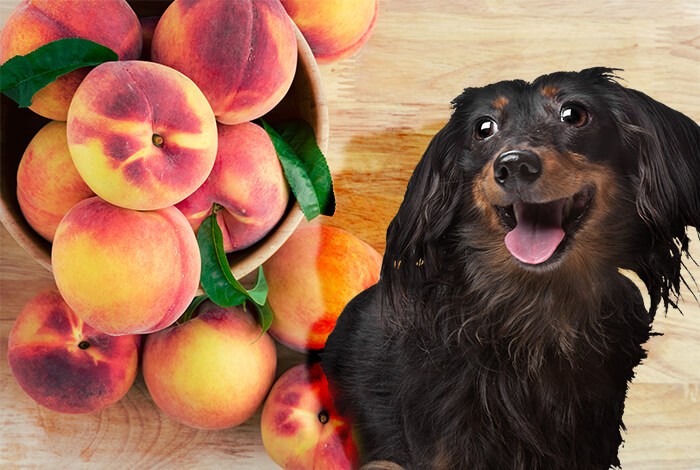
2. Good for digestive health The fruit is a great way to add fiber to your canine’s diet. Nectarines ’ high fiber content aids your canine’s digestive system by fending off constipation.
3. Rich in vitamins and nutrients Nectarines are rich in phytonutrients and antioxidants that help boost your doggy’s vulnerable system. These summer fruits add a redundant boost of beta-carotene, vitamin A, and vitamin C.
Downside of Feeding Nectarines to Dogs
There are many factors to consider before feeding nectarines to your canine, including.
Nectarine recesses are choking hazards
The hole or gravestone poses several pitfalls to your canine’s health. Nectarine recesses are dangerous because they can cause your canine to choke or produce a blockage in your canine’s digestive system. recesses also contain trace quantities of cyanide which causes illness and indeed death in small dogs. However, peach hole, or a hole from other gravestone fruits like catches or apricots, If you believe your canine is ill from eating a nectarine hole.
Rotten fruit is poisonous for dogs
Always feed your canine fresh nectarines. Rotting fruit causes numerous health problems, from stomach problems to mycotoxin poisoning, which is a toxin caused by the earth that grows on fruits and other foods. Decaying fruit also produces ethanol, which is poisonous for dogs and requires immediate medical attention. Symptoms of both venom include ataxia, loss of muscle control, and repeated vomiting.
They’re high in sugar
Inordinate sugar consumption can upset your canine’s stomach or lead to tooth decay. The added sugar is also dangerous to dogs with rotundity issues or diabetes. Avoid feeding your canine canned fruits because the saccharinity in the can contains inordinate sugar.
What Other Fruits Are Good for Dogs?
numerous other fruits are safe and healthy for dogs in temperance. There are many exemplifications
- Apples are a fantastic source of vitamins A and C and fiber. Take off the seeds and core before feeding your dog.
- Bananas are High in fiber and potassium. Given the high sugar level, serve moderately.
- Berries are rich in antioxidants and beneficial to intestinal health.
- Cantaloupe A stimulating and hydrating treat full of vitamins A and C.
- Strawberries are low in calories and a good source of fiber and vitamin C.
Always consult your veterinarian before introducing any new food to your canine’s diet, especially if they’ve any pre-existing health conditions.
read also How Long Does it Take for Puppies to Open Their Eyes?
Toxic dog foods?
Yes! While numerous fruits are safe and indeed salutary to dogs, there are some you should avoid
- Grapes and Raisins Indeed small quantities can beget order failure in dogs.
- Cherries The recesses, stems, and leaves of cherries contain cyanide.
- Unripe Tomatoes The green corridor of the factory and callow tomatoes contain a poison called solanine.
- Avocados contain persin, which can beget vomiting and diarrhea in dogs.
FAQ
What Happens if a Canine Eats a Nectarine Seed?
The nectarine seed, or hole, is veritably dangerous for dogs because it can pose a choking hazard. Beyond the threat of choking, the hole is also dangerous for dogs because of its cyanide content. Also, if your doggy chomps on the hard hole it could hurt or damage a canine’s teeth. Therefore, always be sure to remove the hole of any gravestone fruit, like nectarines, but also cherries and peaches, before ever offering it to your canine.
Can Dogs Eat Nectarines and Peaches?
tykes can also eat peaches, and certain preventives are taken. important like the medication of nectarines for dogs, peaches should have their recesses removed before any quantum is offered to pups. also, it’s important to always consult with a warhorse before offering your canine new foods, like peaches and nectarines.
read also Can Dogs Eat Pumpernickel Bread?
Conclusion
The meat of nectarines isn’t poisonous to dogs and is considered safe for consumption. While safe, nectarines are high in natural sugars and should only be offered in small quantities and in temperance. The recesses should be kept safely out of your canine’s reach due to the threat of choking, blockages, and their toxin. Any putrefied nectarines should be disposed of right down.
Always consult with your veterinarian if you have any questions regarding foods your canine should or shouldn’t eat or if you have any enterprises over a commodity that has been consumed.
